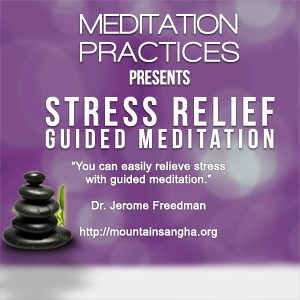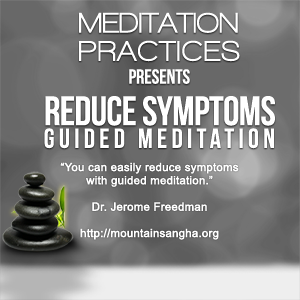| Dear Friends: |
 |
| Immanent and Transcendent
( . . . ) the word the Buddha used to refer to himself (is) “Tathagata.” The Buddha coined this word, and it’s made up of two different parts. The first part, “tatha,” means “such” or “thus”; and the second part, “agata,” means “come.” Meanwhile the word “gata” means “gone.” So a long debate has been going on: Is it “Tath-agata” or “Tatha-gata”? Is the Buddha “thus come” or “thus gone?” Is he totally here or is he totally gone? Is he utterly immanent or utterly transcendent? Scholars have been bashing each other over the heads with this issue for millennia. – Ajahn Amaro, Small Boat, Great Mountain, 82 – 84. |
| Read More Mini Mindfulness Breaks |
| Click here to offer what you can for eBooks and Guided Mediations! |
Words of Wisdom for November 22, 2024
November 22, 2024 by













